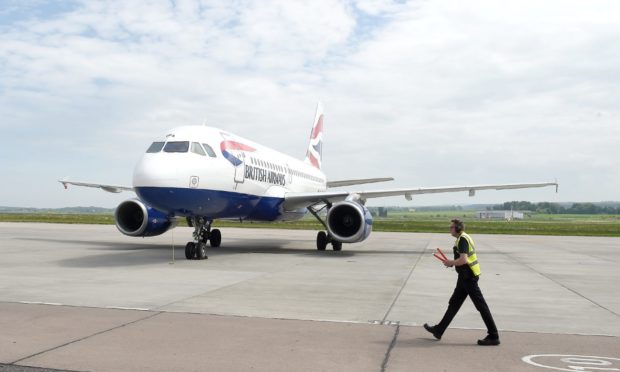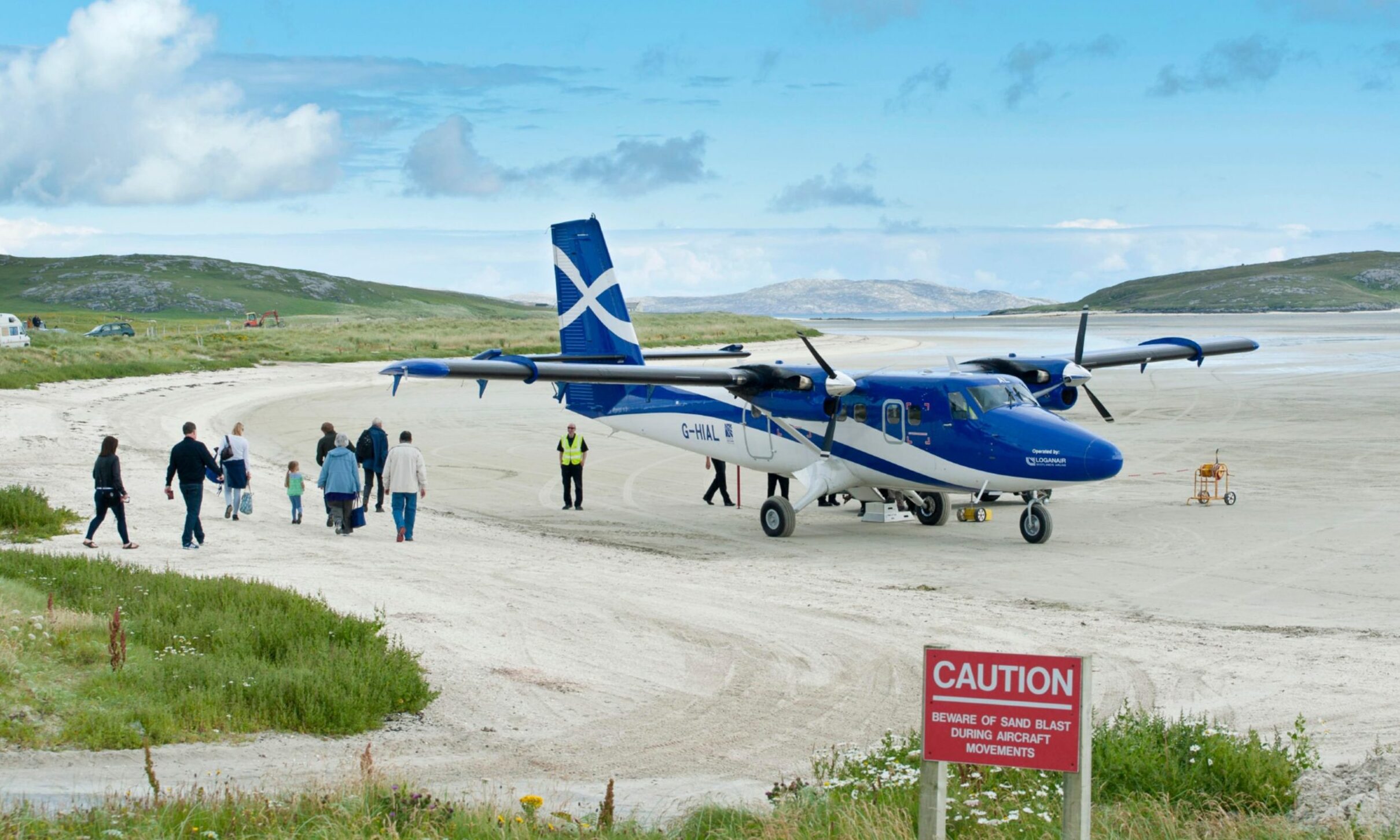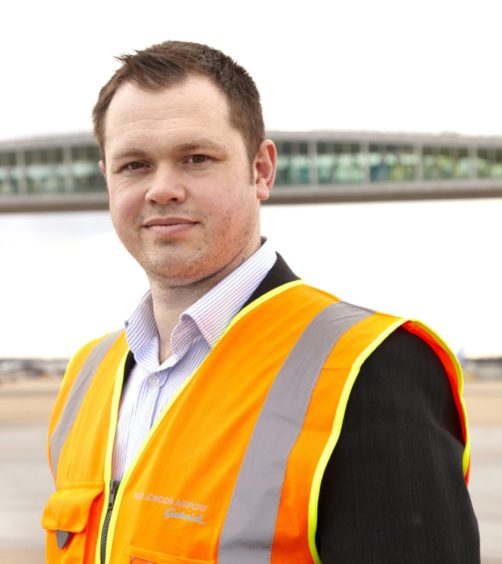Bosses at Highlands and Islands Airports (Hial) have insisted their controversial plans to centralise air traffic control are on track despite a damning independent review of the project.
Digital Scotland, which describes itself as “Scotland’s hub for digital transformation and innovation”, rated its confidence in the project being successfully delivered as “amber-red” after flagging 12 areas of concern in its technology assurance review “health check”.
The leaked report suggests the whole project is “in doubt” unless urgent action is taken to address “major” issues and concerns.
Shortcomings flagged in the report include:
- “A lack of clear coherent visibility and transparency across the programme and down to the constituent projects. Significant shortfalls in programme management including risk management, planning and resource.
- “Misalignment of governance with the needs of the programme, combined with a lack of clarity regarding roles, responsibilities, delegations, approvals and decision-making.
- “The level of resourcing and skills and capabilities are currently well below what would be required for a programme of this size, complexity and criticality.”
But Hial chief operating officer Gary Cobb said the review had achieved what it set out to do, namely highlighting areas for improvement – and he said 10 of Digital Scotland’s 12 action plan recommendations had already been addressed.
The other two are more technical in nature but these are also being tackled by the Scottish Government-owned operator of 11 Scottish airports, including the terminal in Dundee and 10 sites across the Highlands and Islands, Mr Cobb said.
He added the review was a key part of making sure technical aspects of the project were progressing well.
“It’s more about process and procedures,” he said, adding: “We’re always looking to improve. Reports like these are good because they tell us what areas we need to work on.
“We already have strong management and a strong learning culture at Hial. The main reason for having the DA (digital audit) was to highlight areas for improvement.”
Mr Cobb, who joined the business from London Gatwick last year, said he expected Digital Scotland would revisit the project later this summer to test the effectiveness of Hial’s response.
Hial has proposed controlling air traffic at five regional airports from Inverness by 2023.
The company has cited an ageing infrastructure and outdated methods of controlling air traffic as drivers for change.
Its plans will leave towers unmanned at island airports including Sumburgh in Shetland, Kirkwall in Orkney, and at Stornoway and Benbecula in the Western Isles.
In addition, air traffic control operations at Benbecula and Wick John o’ Groats airports will be downgraded to an Aerodrome Flight Information Service – meaning pilots will get advice and information, but not encounter any directly staffed air traffic control.
In February it emerged more than £6 million had already been spent on the controversial project.
Nearly 50 island jobs at risk
Another independent report found the plans, which have sparked an outcry among councillors, MSPs and MPs, as well as industrial action by air traffic controllers in the north, will have a “very significant negative impact” on some island communities.
The Islands Impact Assessment, commissioned by Hial, revealed 48 jobs will be axed – costing £2.2m in lost salaries to the economy.
Digital Scotland’s report praises Hial for its “experienced senior management”, as well as “excellent communications and engagement”.
‘High level of political interest’
It adds: “The ATMS (Air Traffic Management Strategy) programme is acknowledged as the biggest and most complex programme that Hial has (ever) undertaken and is transformational for the way that Hial delivers air traffic management.
“Whilst it includes some significant new technology and processes to enable that transformation, by far the most challenging aspect is the people change needed for Hial to be able to realise the desired benefits.
“The programme is preparing to deliver in a complex context which
includes changes in the senior leadership of the organisation and a high level
of political interest.
“There is also a significant amount of local public interest, with a number of FOI (freedom of information) requests already received about the programme.”
Campaigners say plans to centralise air traffic control could cost lives


